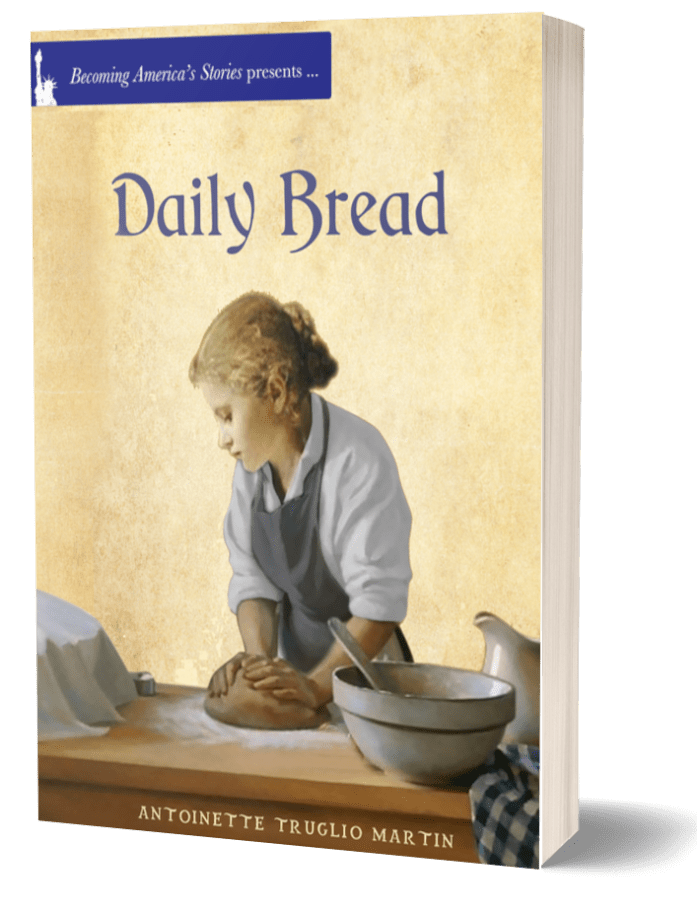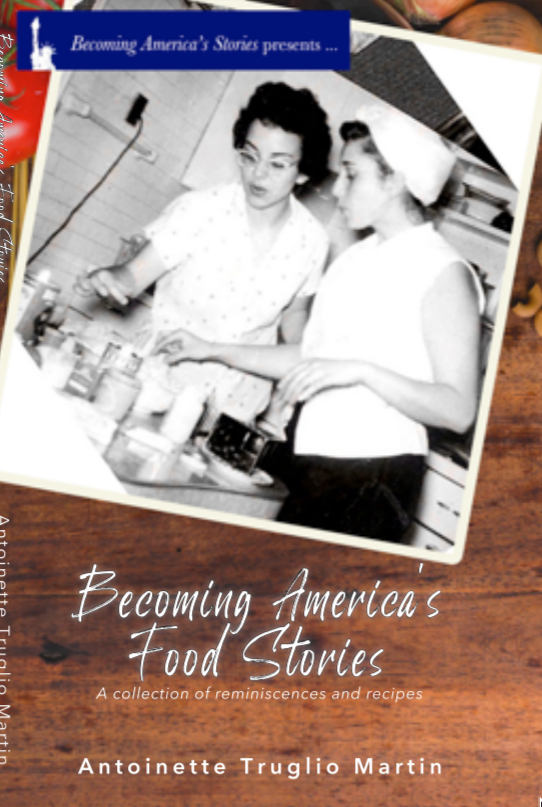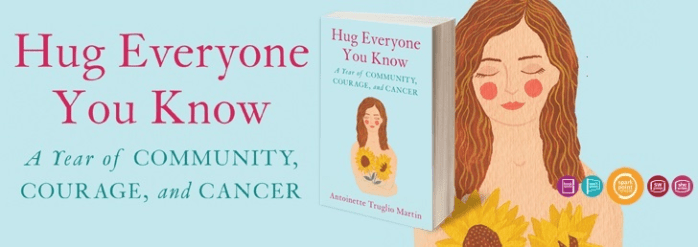On March 25, 1911, the Triangle Shirtwaist Fire killed 146 garment workers. Most were young first generation or recently immigrated Jewish and Italian women. It was an early spring Saturday afternoon. The workers were looking forward to getting their pay and returning home after working a long ten-hour day. Instead, flames burst from a scrap bin on the eighth floor. Because there were no mandated or functioning water hoses, the fire quickly spread. Locked doors trapped workers. A fire escape collapsed. Fire engines ladders came up short reaching only to the sixth floor. Bystanders witnessed women jumping out of windows with their skirts ablaze.
The Triangle Shirtwaist Fire was not the first industrial American disaster (although the worst paled only to 9/11). Machine breakdowns, poorly constructed buildings, and greedy owners put workers in danger every day. The tragedy became a call for organized labor to join forces with the government and social reformist. They worked to enforce child labor laws, fair wages, and workplace safety. The International Ladies Garment Workers Union (ILGWU) had been making slow gains for over ten years, but it took the Triangle Shirtwaist Fire to propel their mission into public spotlights.
I mention the Triangle Shirtwaist Fire for two reasons. First, American history at the turn of the 20th century fascinates me. The history books do not glean this time. In most middle grade curricula, the Industrial Revolution after the Civil War is quickly covered and then World War I happened. An abundance of social and economic foundations and technology advances occurred during these gap years and influence the American timeline.
The second reason is that the personal stories during this time are fantastic. I consider the origins of my family’s histories arose when my grandparents and great grandparents’ immigrated from Sicily and Italy. Their ventures to becoming Americans provided clarity of their choices and placed context to the historic events they lived through.
My grandmother and her sisters grew up in New York City’s Lower Eastside tenements, among the beginnings of social reforms and union organization. Childhood was a brief and dangerous period, frothed with daily uncertainty. As young children, they learned the needle trades—sewing, embroidery, knitting, and crocheting. The home sweatshops provided small yet needed family incomes. Play, school, and friendships were not a priority, especially for girls.
Grandma and my grand-aunties began their long careers as sewing machine operators before their 13th birthdays, working ten-hour days, six days a week. Deafening noise levels and fetid air quality exhausted them. Foremen leered, scrutinized bathroom breaks and penalized operators when their machines broke down. By the time they reached their mid-twenties, they were proud members of the ILGWU. Grandma and Aunt Lil were shop stewards in the 60s.
The advocacy provided safer conditions and better hours. However, there was always work to do. When Grandma returned to the factory sewing machine as a 35-year-old widow with three children, she took a job that paid by the piece. Women brawled for their piecework. Reportedly, Grandma had a solid right hook.
See? Marvellous stories! The oral storytelling inspires my writing.
Daily Bread Becoming America’s Stories Book 1 is loosely based on the tales my grandmother and grandaunts told about growing up in Manhattan’s Little Italy Lower East Side neighborhood. Lily Taglia, the nine-year-old protagonist, lives with her large family, crammed into a fourth-floor three-room flat of a tenement building. Daily dangers, discrimination, and oppression crowd Lily’s childhood. The story plays out as history unfolds in the winter of 1911 to that fateful March day.

Attention Teachers and Librarians
March is National Reading Month!
Schedule your virtual and live Book Club Events and Creative Writing Workshops.
Download FREE Curriculum Connections
If you had purchased a paperback or ebook Daily Bread and/or Becoming America’s Food Stories—Thank you!
Take a picture of you with Daily Bread and/or Becoming America’s Food Stories, and I’ll send you Reader’s Swag and add you to the Becoming America’s Stories Readers slideshow, coming soon! Kid pics are welcomed with parent or guardian permission. Don’t forget to leave a rating and quick comment on Amazon and/or Goodreads.
_________________________________________

Daily Bread is set in the Lower East Side of Manhattan, 1911. The story follows nine-year-old Lily, an American-born child of Sicilian immigrants, who wants to prove she is not a little kid. To be a big kid in the crowded tenement neighborhoods, she must tackle bigotry, bullies, disasters, dotty bakers, and learn to cross the street by herself.

Hope you are hungry. Becoming America’s Food Stories recalls the tales that have been told around my family’s dinner table. The histories explain the motivations over bowls of macaroni, antics play out while slurping soup, and laughter echoes throughout the dining room. Pull up a seat. There’s always room.
“If you don’t cook with love, you have to get out of the kitchen.” Florence Messina






Antoinette, Thank you for sharing the poignant history of the Triangle Shirtwaist Fire and your family connections with ILGWU. I’ll step up my reading this month. #WeekendCoffeeShare
LikeLiked by 1 person
Thank you, NAtalie. What are you reading next?
LikeLike
Such fascinating American history and family history all combined, Antoinette. It’s wonderful that your aunts and grandmother had a direct influence on better changes to come. Thank you for sharing this with us.
LikeLike
They were a tough bunch of ladies, but learning about their beginnings sheds so much light. Thanks abunch for reading
LikeLike
I loved reading this story as I also love history. I also love telling the stories of my family on my family history blog #weekendcoffeeshare
LikeLiked by 1 person
Thank you,Jennifer. I look forward to reading your blog.
LikeLike
Interesting! Thank you!
LikeLiked by 1 person
I so enjoyed your book! I thought of that when I read the first sentence of this post. So sad and terrifying..
LikeLiked by 1 person
Thanks abunch for reading. I am fascinated by how the times we humans live through affects each person no matter how young and innocent.
LikeLike
Are these books on Amazon? You’ve inspired me to begin reading!
LikeLiked by 1 person
Yes CArol! Here is the link for Daily Bread https://amzn.to/3n2QECp
I would love to hear how you liked the book. 🙂
LikeLike
Hi Antoinette. I’m looking forward to your next work along this line. For me, labor unions were the backdrop of how my father took care of us as a truck driver and the story there is different. Lots of corruption from the union side and often they acted to keep their members in line in ways I didn’t understand until years later. It’s not just the business owners and managers who are evil in heart, there are examples of it all through our populations. Please keep bringing these stories to light. I would have loved more of this type of story when I was a YA, and they’re still great at my age.
Blessings.
LikeLiked by 1 person
Hi Gary,
Yes my Grandfathers and uncles were longshoreman and teamsters. It was very difficult being that honest little guy who just wanted to work and earn an honest pay. Through the ages, the same addage applies; Power is born of exploitation. Thanks for reading and being a great fan!
LikeLike
I enjoyed this story so much…and I’m looking forward to following you more. I’m so glad I found Weekend Coffee share. My mother family is Italian, coming from Sicily, naples and
abruzzo
LikeLiked by 1 person
HI Kristin. Welcome to the coffee share. We just may be amiche! 🙂
LikeLike